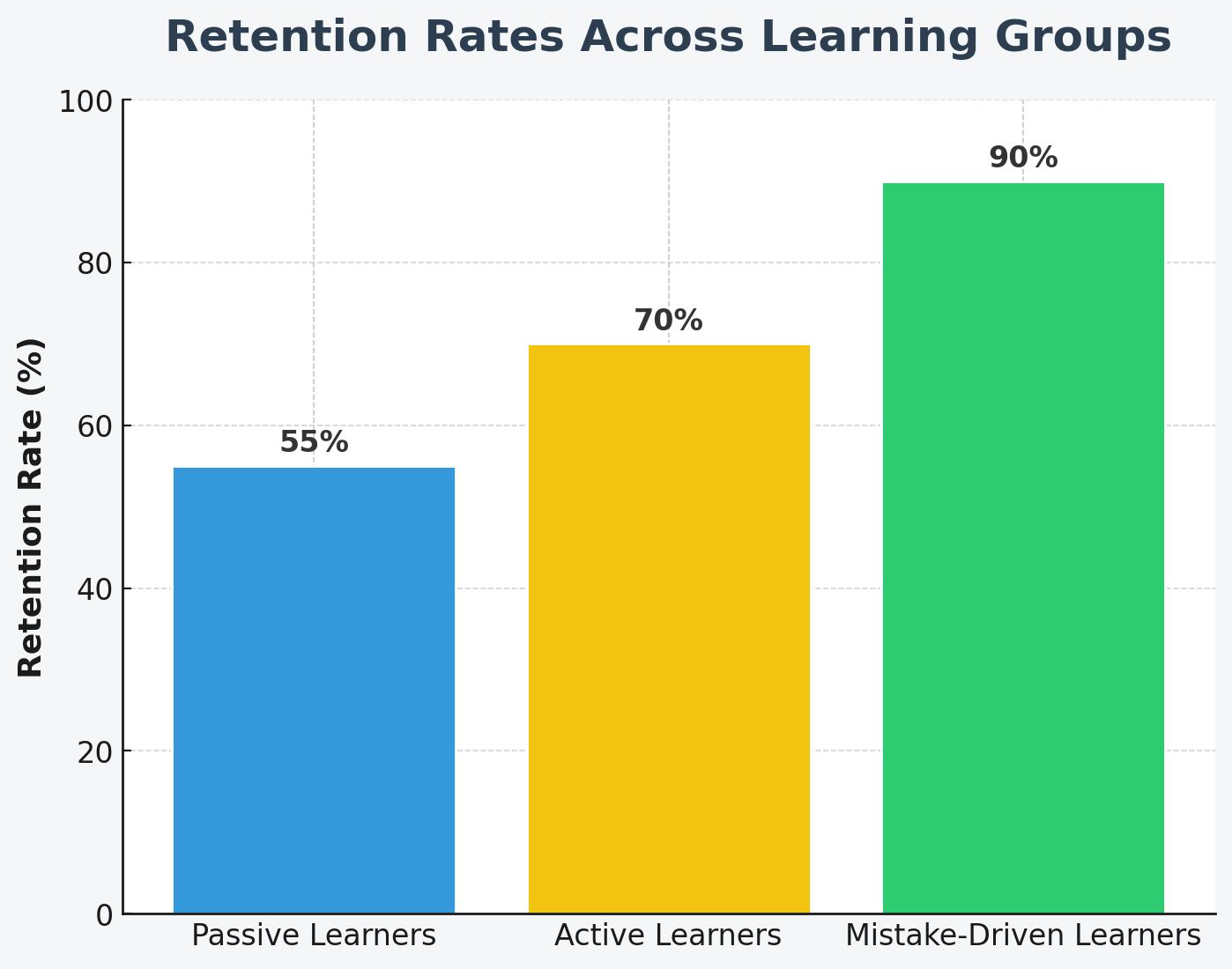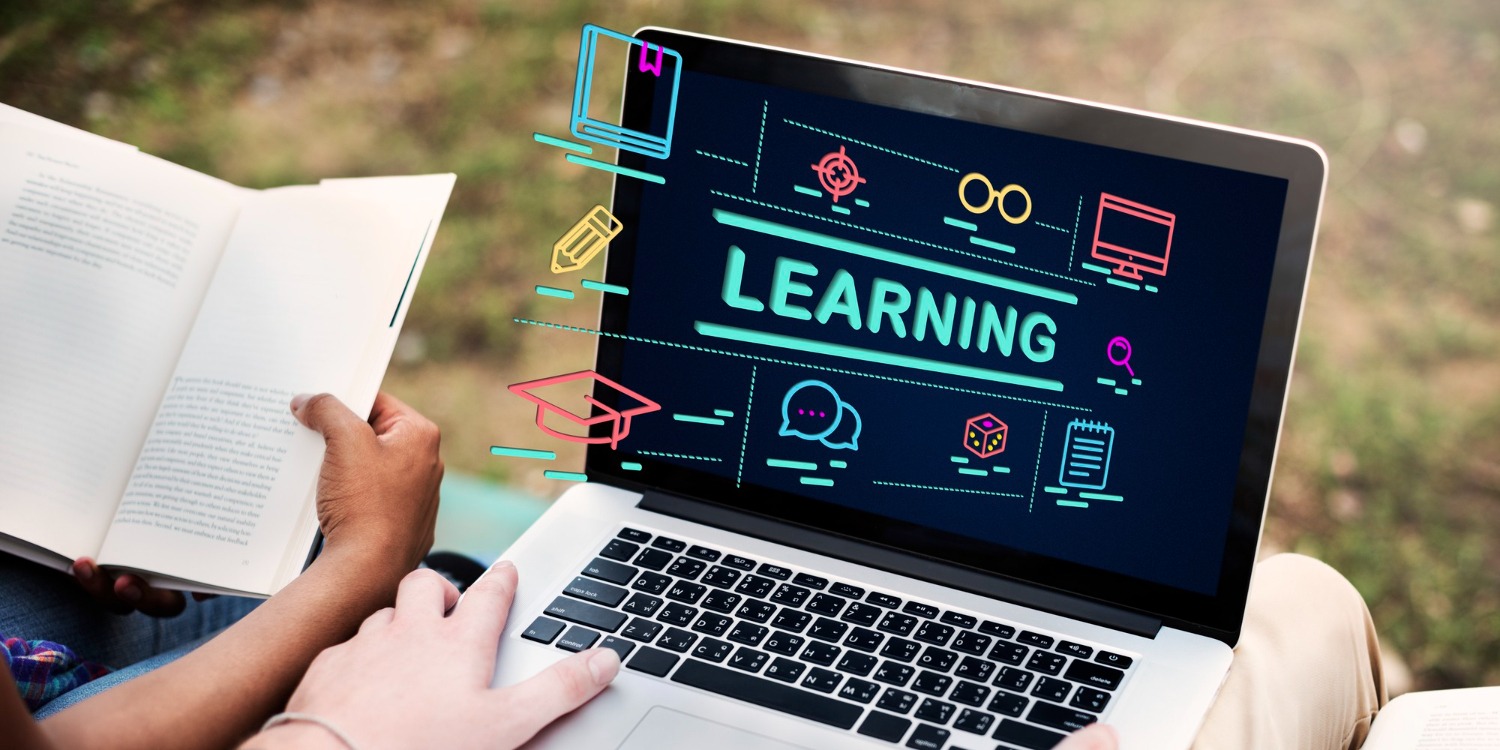Mistakes have an odd reputation in our lives. Many people try to avoid them, hide them, or deny them. Yet, beneath every misstep lies an untapped treasure: the ability to convert a wrong turn into a lasting learning experience. Whether in education, business, or personal growth, the path to mastery is paved with trials, errors, and the wisdom they unlock.
In this article, we’ll explore why mistakes matter, how they shape resilience, and why embracing them can redefine your trajectory toward success. Instead of fearing setbacks, you can reframe them as catalysts for transformation.
Why Mistakes Matter More Than You Think
We live in a society that praises flawless execution. Schools reward correct answers, workplaces highlight efficiency, and social media celebrates curated perfection. But perfection hides the truth—every expert, leader, or innovator once stumbled.
Research from Harvard Business Review shows that organizations which actively promote error-sharing and reflection see higher levels of creativity and innovation. This is because mistakes naturally provoke self-assessment. Each failure forces you to analyze your approach, evaluate your assumptions, and adjust your methods. That cycle itself is the essence of a learning experience.
The Emotional Impact of Failure
Failure often comes with frustration, embarrassment, or shame. But psychology proves that emotions tied to mistakes are crucial for memory retention. When something goes wrong, the strong emotions surrounding the event make the lesson stick.
Consider this: students who attempt a problem, fail, and later receive feedback retain knowledge better than those who never attempted it. The emotional sting turns the mistake into a deeper learning experience.

From Error to Growth: A Three-Phase Journey
While every mistake feels unique, the way people transform them into progress usually follows a similar cycle.
- Recognition – Admitting an error is the first step. Denial only prolongs the problem.
- Reflection – Assessing why it happened, what could have been done differently, and what patterns need addressing.
- Redirection – Adjusting strategies, trying again, and applying new insights.
Each phase is an indispensable learning experience, building not only knowledge but also resilience.
Stories That Prove the Power of Mistakes
History offers countless examples of how mistakes can spark extraordinary breakthroughs.
- Thomas Edison is famously quoted as saying he didn’t fail thousands of times with the lightbulb; instead, he discovered thousands of ways that wouldn’t work. Each attempt became a learning experience that brought him closer to success.
- Oprah Winfrey was once fired from her first television job. She could have viewed it as a permanent defeat, but instead, she treated it as a lesson in direction and style. That painful start turned into the foundation of her unmatched career.
- Steve Jobs, after being ousted from Apple, built NeXT and Pixar—ventures that eventually transformed Apple’s future. His mistake-riddled journey wasn’t wasted time but a necessary learning experience.
Mistakes in the Workplace: Culture Over Blame
One of the most critical areas where mistakes hold weight is in business. Workplaces that punish every misstep often discourage innovation. On the other hand, organizations that foster a culture of experimentation and transparency thrive.
A Gallup survey revealed that employees in open environments—where leaders treat failure as a learning experience—report 26% higher engagement levels. This higher engagement drives productivity, loyalty, and creativity.
Turning Personal Mistakes Into Transformation
It’s easy to talk about Edison or Jobs, but what about everyday mistakes? Forgetting deadlines, mishandling relationships, or mismanaging finances all sting. Yet, reframing these as opportunities changes everything.
- A missed deadline isn’t just poor time management—it’s a learning experience in prioritization.
- A failed relationship isn’t the end of love—it’s a learning experience in communication and compatibility.
- A bad investment isn’t just lost money—it’s a learning experience in risk awareness.
When you consciously view mistakes through this lens, they stop defining your failures and start defining your growth.
The Science Behind “Failing Forward”
Cognitive science supports the concept of “desirable difficulties”—struggles that enhance retention and problem-solving. Researchers argue that easy victories often lead to shallow understanding, while failures build deeper mastery.
In one study, learners who struggled with incorrect answers but later received corrections scored significantly higher than peers who answered correctly without difficulty. The very act of making a mistake created a powerful learning experience that solidified long-term knowledge.
How to Reframe Mistakes in Your Daily Life
Transforming errors into valuable lessons is a skill you can train. Here are a few approaches:
- Adopt a Growth Mindset – View challenges as opportunities instead of threats. This reframing allows every setback to serve as a learning experience.
- Document Failures – Keep a “failure log.” Writing down what happened and what you learned helps prevent repetition.
- Seek Feedback Quickly – Don’t hide mistakes. Share them, ask for insights, and absorb new perspectives.
- Practice Self-Compassion – Avoid self-criticism. Recognize that errors don’t define your worth but highlight areas to improve.
These strategies ensure that mistakes stop being walls and start becoming doorways to growth.
Why Avoiding Mistakes Is Riskier Than Making Them
Ironically, the biggest risk is never taking risks. If you avoid mistakes altogether, you also avoid the possibility of deep growth. Playing it safe may reduce embarrassment, but it limits your potential.
Entrepreneurs, leaders, and creatives who have made an impact all share one trait: they didn’t avoid mistakes. They used every failure as a unique learning experience, fueling resilience and shaping expertise.
Final Thoughts
Mistakes are not enemies; they are teachers disguised as setbacks. Every time you trip, you uncover another way forward. If you shift perspective, failure stops being a scar and becomes a roadmap.
The next time you face a blunder—whether it’s personal or professional—ask yourself: What is the lesson here? The answer could be the most valuable learning experience of your journey.
Andrea Balint is a writer and researcher focused on human behavior, workplace psychology, and personal growth. Through her work at CareersMomentum, she explores how mindset, leadership, and emotional intelligence shape modern careers. With a background in communication and HR development, she transforms complex ideas into practical insights that help readers build clarity, confidence, and professional purpose.

